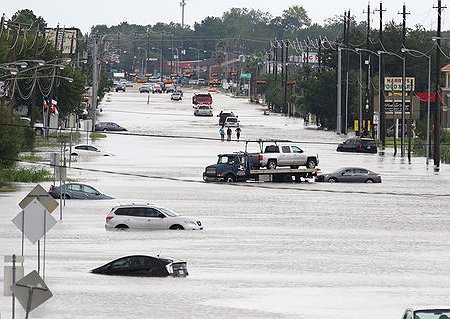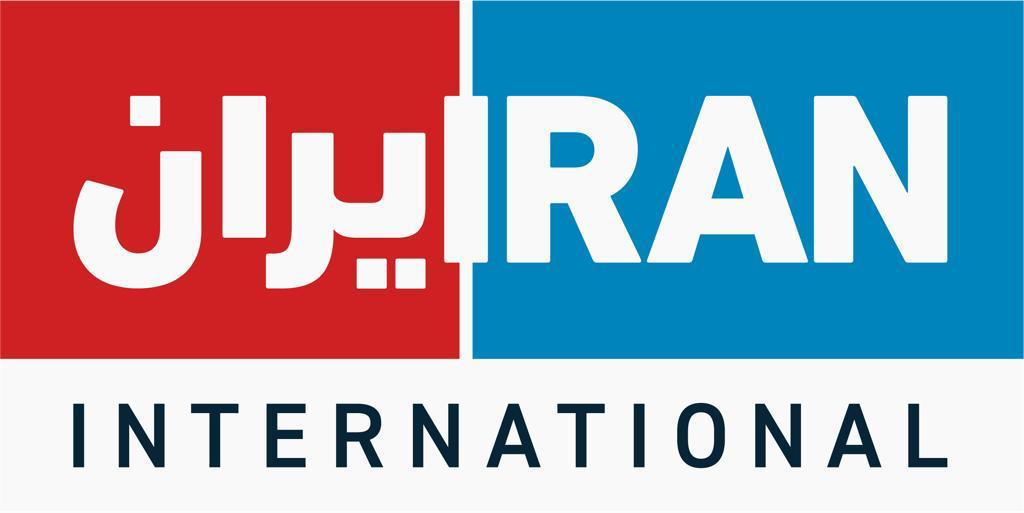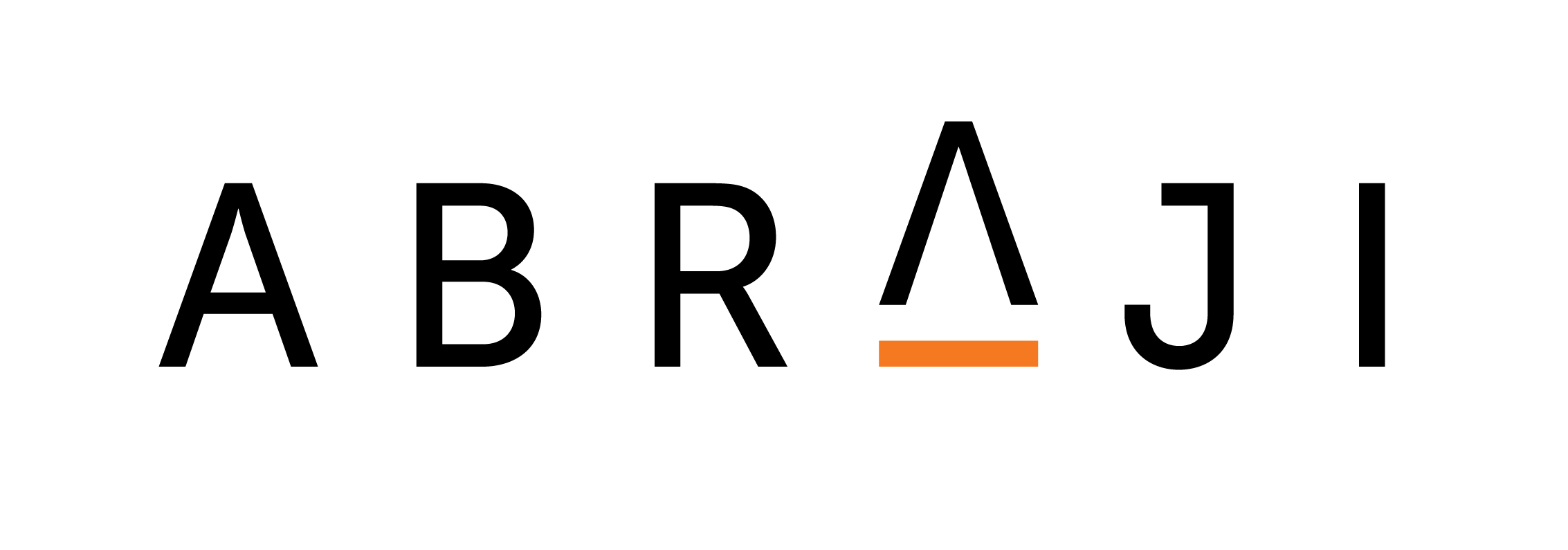After the recent string of devastating hurricanes and earthquakes, INSI has some advice for journalists covering natural disasters.
General advice
Do not get in the way of rescue and relief workers. Follow warnings of authorities and disaster experts. Do not cross police lines.
Do not set up any live shots under or near trees due to the risk of falling trees and branches and of being struck by lightning.
Refrain from smoking (there may be fractured gas lines in disaster zones). If you smell gas or sewer odours, do not switch on engines and refrain from using mobile phones. Leave the area on foot as quickly as possible.
Mobile phone networks may be down during an intense storm making communication difficult so a satellite phone is essential.
Do not use cables in or on the edge of still or running water.
Do not approach or work in any area where cables have come down. Do not work in any area where you see power lines sparking.
Make sure the news desk knows where you are and what you intend to do. If you move locations then let them know. Ensure they have other local contacts in case you go missing.
Health and hygiene
Get the correct vaccinations, and ensure you are aware of any outbreaks of disease due to the disaster, such as cholera, and how it is transmitted.
Ensure you maintain your personal hygiene. Take wet wipes or baby wipes to wash yourself in case there is no water.
Find out the location of the nearest hospital or medical facility.
Clothing and personal equipment
Take a rucksack with a waterproof cover, and pack a dry bag with a spare set of clothes sealed inside for when you go indoors.
Wear protective clothing suitable for the conditions. When reporting from hurricanes or floods, ensure you have good quality rain gear that fits you, is lightweight and reflective. Wear sturdy boots or rubber boots/waders.
Ensure each member of the team has a grab bag at all times and that you have your emergency equipment including: torch and spare batteries, wind up torch, eye-protection, head-protection, power packs, warm clothing, water, water purification tablets, compass and knife.
Accommodation
Ensure your accommodation is safe and if in an earthquake zone will withstand another shock.
Check in and out with your hotel and and let them know when you plan to return.
Fill the bathtub with water at your hotel in case of water shortages.
Food and drink
Be self-sufficient. Have enough food and water to look after your crew including bottled drinking water. Do not assume you can buy food and water from shops. Even if you can, local residents probably need it more than you.
Vehicles
A 4x4 vehicle is better if there is a danger of flooding or you have to enter the region overland. Avoid driving through running water as flash floods could carry your vehicle away. Do not exit vehicles in running water for the same reason.
Check your vehicle in advance of departure, and make sure it is fitted with a working spare tyre and the necessary tools to change it. Make sure the car has jump leads and you know how to use them. Double check that tyres, wipers and lights are in good working order and that the vehicle is fitted with a first aid kit, fire extinguisher, cones and flares.
Image by AFP



























































